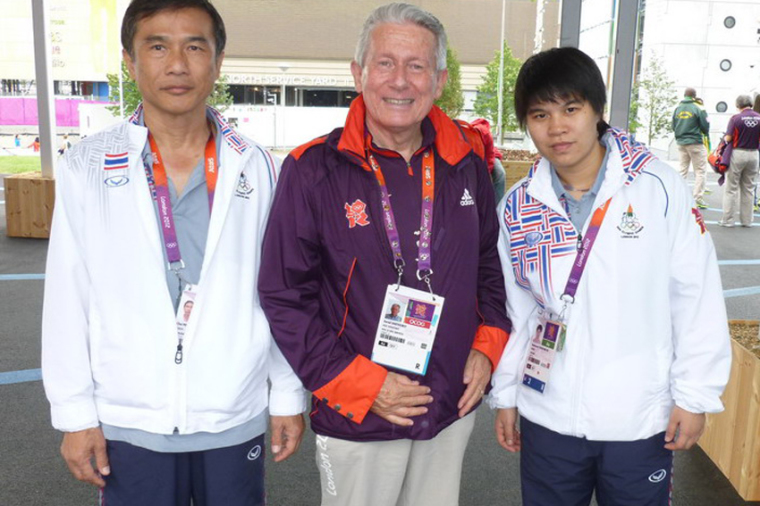
London has hosted the Olympics three times, 1908, 1948 and 2012. A lot of things went awry at each.
At the 1908 London Olympics the Russian Olympic Team didn't even arrive until after the Olympic tournament was over. Why? At that time in Russia, they were working on the Julian calendar whereas the western world was functioning on the Gregorian calendar. Oops!
1948 was the first Olympic Games after WWII and there was a lot of cleaning up to do after the devastation of the city from the Blitz initially (1940–41) and then the V1 and V2 (1944–45). The city was far from being spic and span as it was in 2012.
In 2012, the first part of the Olympics was marred with a ticket mishap where thousands of seats were empty, and then the Australian swimming team turned up having already won gold in the 'legend of their own minds' only to be thoroughly disenfranchised.
Complications when things go awry after so much preparation takes a lot of adjustment. Divorce falls into this category. Young couples convinced they had a marriage of a life-time. Wonderful and beautiful courtship, the magnificent wedding, the brilliant honeymoon, the astonishing first 12 months, two years, five years … then somehow it all goes awry.
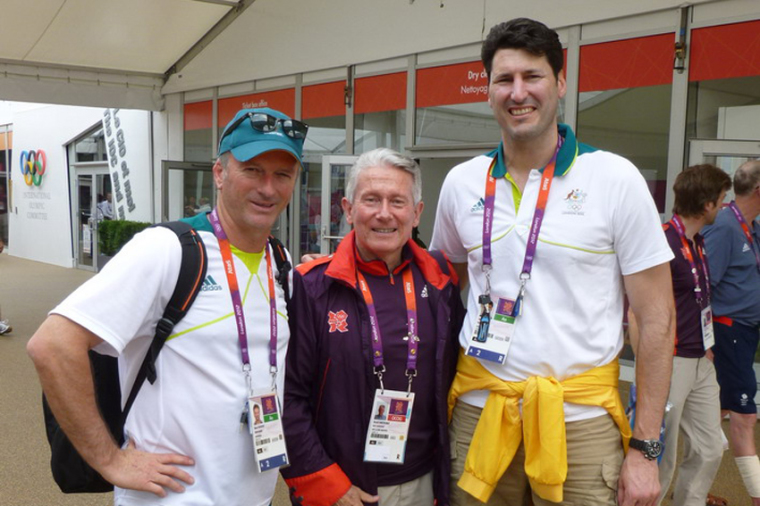
Real life examples
When I was in my top triple jump years, the big news in athletics was Eddie Hart, the US 100 metres champion prior to the 1972 Munich Olympics, having equalled the then 100 metre world record (he wore long socks). However, he missed his semi-final sprint as his coach was working on US time zones. (Hart was later part of the winning gold in the 4 × 100 relay.)
The Australian field hockey team were hot favourites for the gold medal at the 1980 Moscow Olympics, when pressure from the Federal Government gave rise to the field hockey team boycotting Moscow while other Australian sports participated.
Softball was dropped after Beijing (2008) by the International Olympic Committee from the 2012 London Olympics leaving the Australian Softball Association desperate for a reprieve for the 2016 Olympics. Alas, women's boxing got the nod.
In 2008, the AFL team Geelong had won the previous year's premiership and had won games throughout the season almost effortlessly. However, at the grand final they choked, becoming overwhelmed by Hawthorn, who took the title that year. Adelaide Crows this year against Richmond similarly.
That same year Melbourne Storm in the NRL breached the Salary Cap and were disqualified from their Premiership and all points in the following season. This year they made amends and won the grand final convincingly.
At the 2009 World Swimming Championships, two competitors withdrew immediately prior to the start of their races when they experienced swimsuit seam malfunctions.
The late Philip Hughes, the brilliant young Australian opening batsman with the world before him, failed to score big runs in his 2009 Ashes campaign and was replaced by Shane Watson who made the most of his own opportunity. The rest is history. Yes, Phil Hughes came back.
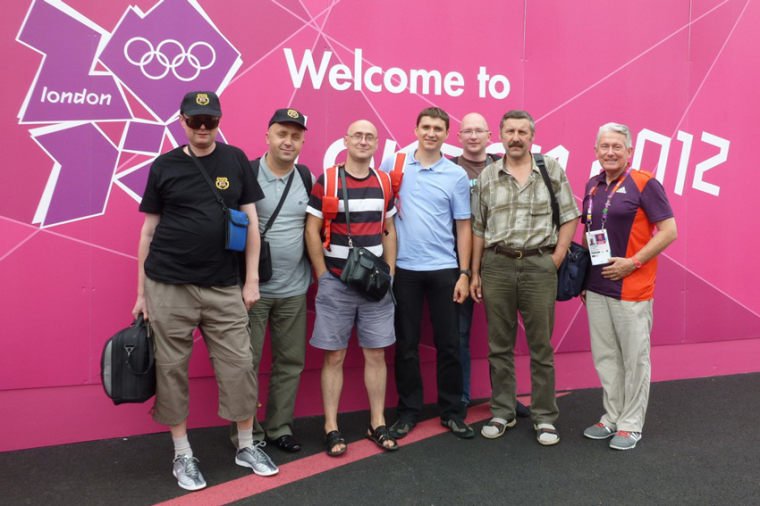
What when out of our control?
When issues are so out of any single person's control, the individual's frustration and annoyance can only be imagined. Consider the following:
In the case of Eddie Hart, the US track team manager was sent home.
Ric Charlesworth, the Australian field hockey team captain was so incensed with the Moscow debacle he went into federal politics for the Australian Labor Party and won his seat in Parliament (Perth) at the following election.
The softballers could only throw their arms up in disgust. Australian Olympic Committee President and IOC delegate John Coates acknowledged a much bigger fight to keep the sport in the Olympics should have been made (by softball nations).
When one partner simply walks out of the marriage: married one day, gone forever the next.
Now, on the other hand there are issues where an individual might have their fate in their own hands.
There is a public expectation that professional athletes will behave as role models. High ranking sports people need to be aware that what they do will affect others. None of us lives in isolation. Elite athletes’ lives are public: what they do is reported widely, and with notoriety comes responsibility. This is why the kneeling at NFL games is so prominent.
I recall a few years ago that Australian cricketer Michael Clarke noted that when he was growing up he read 'everything' about his cricketing heroes. Athletes do have wider community responsibilities.
Sports performance and putting something back into youth is in the hands of the individual. Former Australian opening batsman Matthew Hayden has taken an interest in young indigenous cricketers to give them a leg up (as it were).
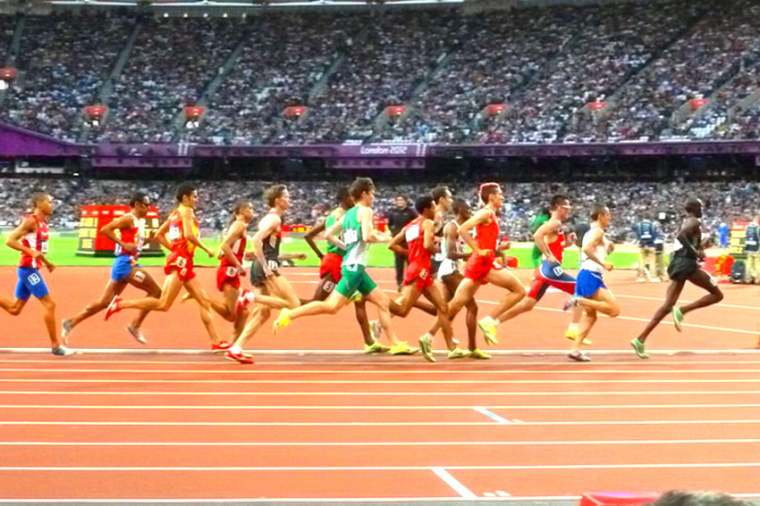
Complications are real
Life is full of things going awry and the complications seem endless. In sports, individuals are much more in the public eye. For those going through a divorce or life threatening health issues or accident, whatever, the spotlight in their own mind's eye is focused on the complications.
Way back in 1991 when Ted Dexter bought out the MCC for the Ashes, he told me as the Australian cricket team chaplain, that but for “pastoral issues” three of his players could not tour to Australia. AFL coach supremo Tom Hafey years after leaving the Sydney Swans interviewed on ABC Grandstand said of my visit introducing chaplaincy: “I told my players if they spoke to the chaplain they might get a good answer.”
Complications hit everyone. No one is exempt. The idea that everything will go smoothly forever is something out of the world of escapism. The follower of Jesus Christ has someone to turn to, there is a burden that is light, He carries it.
This idea changed the world and it continues to revolutionise people's lives from the first to the third world, where people have the most horrific complications within their life's experiences. It brings a little cheer that no one is exempt from complications, and more cheer there is someone to help carry such a burden.
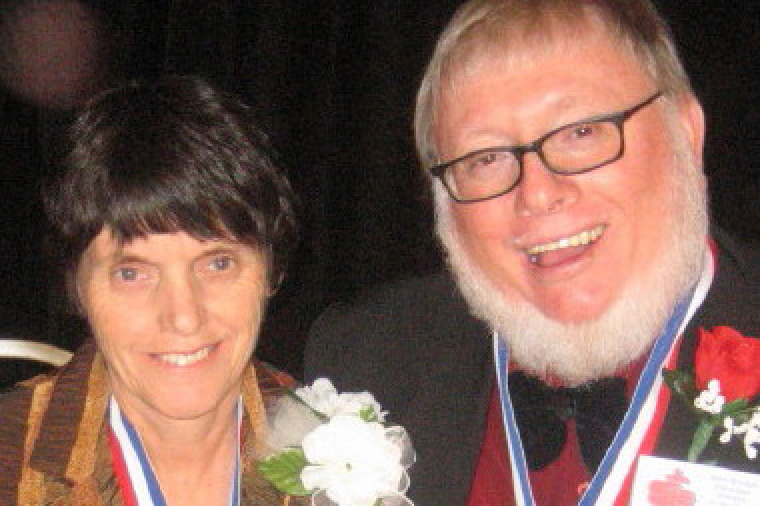
Dr Mark Tronson is a Baptist minister (retired) who served as the Australian cricket team chaplain for 17 years (2000 ret) and established Life After Cricket in 2001. He was recognised by the Olympic Ministry Medal in 2009 presented by Carl Lewis Olympian of the Century. He has written 24 books, and enjoys writing. He is married to Delma, with four adult children and grand-children.Dr Tronson writes a daily article for Christian Today Australia (since 2008) and in November 2016 established Christian Today New Zealand.
Mark Tronson's archive of articles can be viewed at http://www.pressserviceinternational.org/mark-tronson.html

Dr Mark Tronson - a 4 min video
Chairman – Well-Being Australia
Baptist Minister 45 years
- 1984 - Australian cricket team chaplain 17 years (Ret)
- 2001 - Life After Cricket (18 years Ret)
- 2009 - Olympic Ministry Medal – presented by Carl Lewis
- 2019 - The Gutenberg - (ARPA Christian Media premier award)
Gutenberg video - 2min 14sec
Married to Delma for 45 years with 4 children and 6 grand children